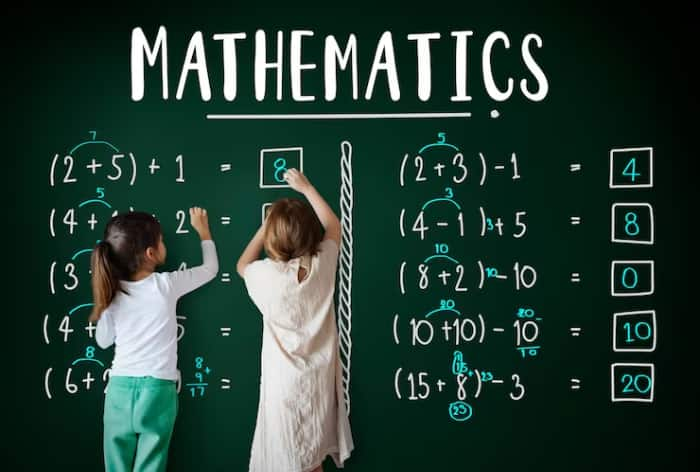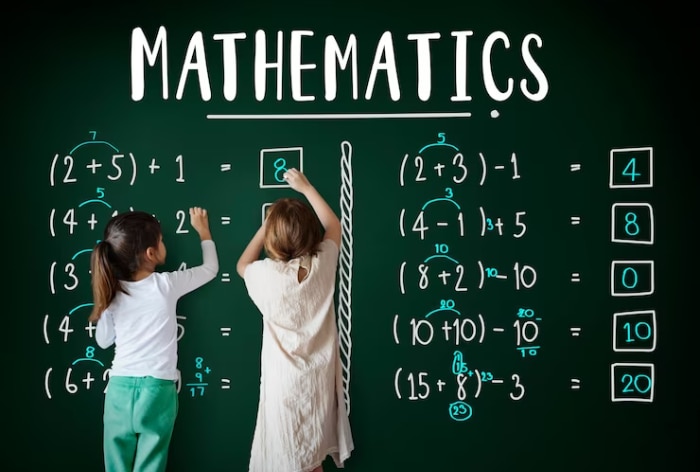Every year, National Mathematics Day is celebrated on December 22 to honor and commemorate the birth anniversary of Srinivasa Ramanujan, one of the greatest Indian mathematicians of all time.

National Mathematics Day 2023| Mathematics — the ancient Greek word has occupied lives around us, be it from calculating expenses to cooking measurements or to understanding patterns in nature. Indeed, Mathematics is the language that helps us make sense of the world. But did you know, that every year, National Mathematics Day is celebrated on December 22? But why so? Let’s read this article and understand it better!
National Mathematics Day 2023 – When It Is Celebrated?
Every year, National Mathematics Day is celebrated on December 22 to honor and commemorate the birth anniversary of Srinivasa Ramanujan, one of the greatest Indian mathematicians of all time. This day is celebrated to to raise awareness about the importance of mathematics and the contributions made by Ramanujan, in the field of mathematics. Born on December 22, 1887, Ramanujan, was a self-taught mathematical prodigy whose extraordinary contributions to mathematics significantly impacted various fields, including number theory, infinite series, and mathematical analysis.
National Mathematics Day History
In 2012, the Indian government, designated December 22 as National Mathematics Day, acknowledging Ramanujan’s exceptional genius and his remarkable contributions in the field of mathematics. The day serves as a tribute to Ramanujan’s legacy, aiming to raise awareness about the importance of mathematics, encourage mathematical research and education, and inspire the younger generation to pursue mathematical studies.
On this special occasion, people unite to highlight the crucial role of learning Mathematics in advancing humanity. This day offers training sessions for both teachers and students, aiming to nurture a growth mindset and encourage collaborative learning in this fascinating subject. National Mathematics Day is celebrated across schools, colleges, and educational institutions, focusing on disseminating mathematical knowledge and guiding individuals in integrating these skills into their daily routines.
One of his most remarkable contributions is his work on infinite series, where he formulated ingenious and novel series expansions for mathematical constants like pi (π) and Euler’s number (e). His discoveries in this area led to groundbreaking developments in understanding these fundamental constants. He independently discovered many complex theories and formulas, often without formal training or access to advanced mathematical literature.

